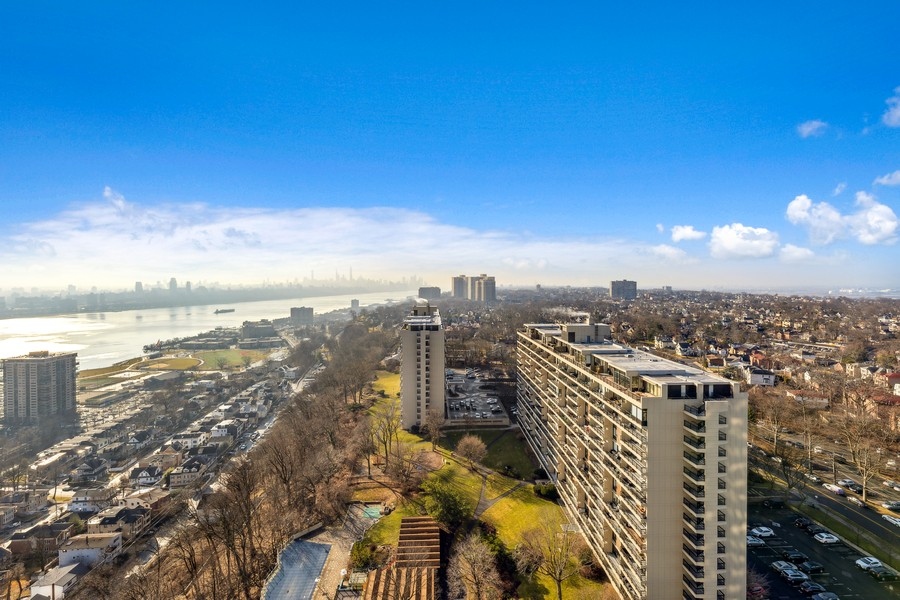In a cooperative, residents own shares in the entire property, and they collectively make decisions about how the property is managed and maintained. This means that all residents have a say in how the building is run, and they elect a board of directors to make day-to-day decisions. As shareholders, residents are also responsible for paying their portion of the building’s mortgage and other expenses, such as property taxes, insurance, and maintenance costs. These costs are usually covered by a monthly maintenance fee.
On the other hand, in a condominium, residents own individual units within the property. The common areas, such as the hallways, elevators, and recreational facilities, are owned and managed by a larger association. The association is typically run by a board of directors, who are elected by the residents and are responsible for making decisions about the property’s management and maintenance. The association also sets the monthly fees that residents must pay to cover the costs of maintaining the common areas.
In summary, the main difference between a cooperative and a condominium is that in a co-op, the residents own shares of the building and collectively make decisions about its management and maintenance, while in a condo, residents own individual units and the common areas are owned and managed by a larger association.
Cooperatives:
- Residents own shares in the entire property
- Collective decision making by all residents
- Elected board of directors make day-to-day decisions
- Responsible for paying their portion of the building’s mortgage and other expenses
- Monthly maintenance fee to cover costs
Condominiums:
- Residents own individual units within the property
- Common areas are owned and managed by a larger association
- Association is run by a board of directors elected by the residents
- Association sets the monthly fees to cover the costs of maintaining the common areas
- Residents are responsible for maintaining their individual units

 Facebook
Facebook
 Twitter
Twitter
 Pinterest
Pinterest
 Copy Link
Copy Link



